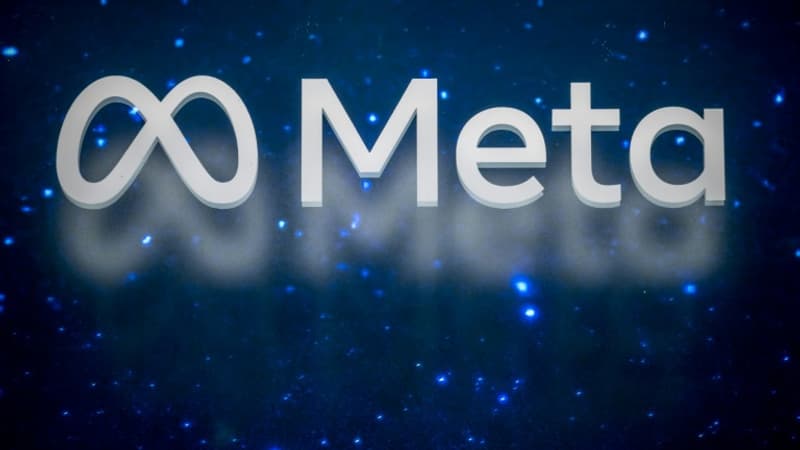The complaint is unexpected, to say the least, in Silicon Valley. Last July, adult film producer Strike 3 filed a lawsuit against Meta. The company accuses Mark Zuckerberg’s group of having pirated nearly 2,400 pornographic videos through BitTorrent, on fifty IP addresses belonging to the group.
According to the whistleblower, these “award-winning and critically acclaimed adult films,” described as “work,” were allegedly illegally used to fuel an experimental generative video model called “MovieGen.” Strike 3 has requested compensation of up to $350 million, accusing Meta of carrying out systematic piracy for commercial purposes.
“Private personal use”
As expected, Meta has completely refuted these accusations. In a complaint filed on October 27, revealed by Ars Technica, the company cites “unfounded speculation” and asks the federal court to dismiss the case.
According to Meta, there is no indication that these files were used to train their artificial intelligence models. Otherwise. For the company, the available evidence “clearly indicates” that the reported adult content was downloaded “for private personal use.”
The company acknowledges that 22 separate connections associated with its network infrastructures were actually used to download Strike 3 content. A figure that is far from corresponding “to the concerted effort deployed to collect massive data sets that plaintiffs consider necessary for effective AI training,” Meta recalls.
“A few dozen titles”
Rather, these are isolated individuals who downloaded adult videos for personal use, without authorization and without any connection to artificial intelligence projects. Meta mentions “a few dozen titles per year obtained intermittently, one file at a time.” “The most plausible interpretation that can be drawn from such sparse and uncoordinated activity is that disparate individuals downloaded adult videos for personal use,” the document states.
The firm adds that with thousands of employees, contractors and visitors connected to its networks, it is impossible to determine who is really behind these IP addresses.
The suspicious downloads date back to 2018, long before the launch of its first multimodal models (around 2022) and generative video. For Meta, this four-year interval is enough to demonstrate the absurdity of the accusation.
Another argument is that the group’s terms of use prohibit the creation of adult content, which contradicts the very idea that such content could be useful for training its AI,” the group argues.
A possible textbook case
The matter develops in an explosive context. In the last two years, several content producers have taken a step forward against the technological giants. The media, music labels and studios accuse them of freely using their catalogs to train and develop increasingly efficient AI.
Last September, Universal Music, Sony and Warner sued Midjourney AI for copyright infringement. In 2023, The New York Times filed a lawsuit against the company behind ChatGPT. The American newspaper reproaches him for using his articles to train his artificial intelligence models. For its part, Anthropic reached a settlement with authors and publishers who were suing the company for illegally downloading millions of books.
Therefore, Meta wants to avoid being put in the same basket. However, the group continues to train its models in photos and videos published on Instagram or Facebook.
The federal judge must now decide whether to grant the group’s request to dismiss. If the case continues, it could set a precedent on the still too vague border between private use and algorithmic exploitation.
Source: BFM TV


